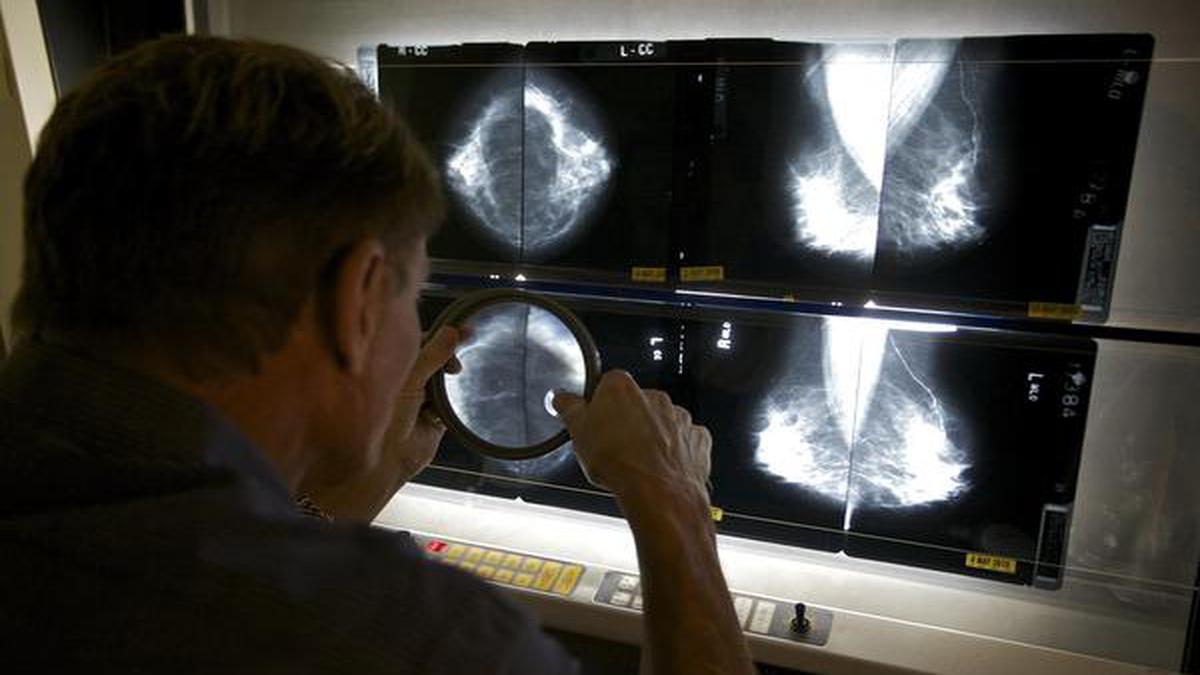Researchers at IIT-Madras and the Translational Health Science and Technology Institute have developed an AI model, Garbhini-GA2, that predicts fetal age using ultrasonography images. Trained on scans from 3,500 pregnant women in Haryana, it has shown remarkable accuracy, with a margin of error of just half a day, improving significantly over traditional methods based on Caucasian data, which can be off by seven days in Indian populations. Plans are underway to further test this model across Indian datasets. Additionally, an NGO, ARMMAN, has harnessed an AI chatbot to support auxiliary nurse-midwives in managing high-risk pregnancies, yielding positive feedback from users. Meanwhile, advancements like virtual autopsies offer efficient alternatives to conventional procedures. Despite the potential benefits of AI in healthcare, challenges related to data privacy, automation bias, and the need for robust governance remain pressing concerns. Effective implementation of AI must focus on augmenting, not replacing, human expertise in medical care.
Source link

Share
Read more